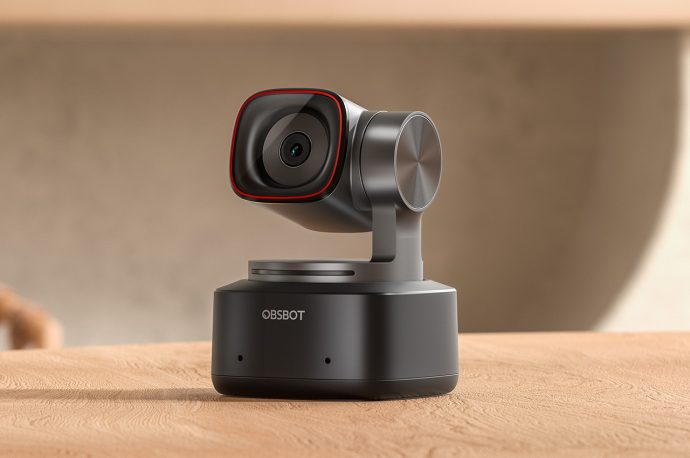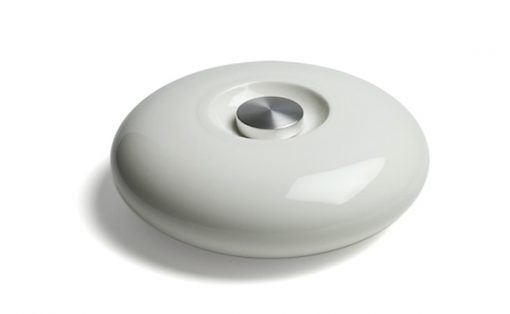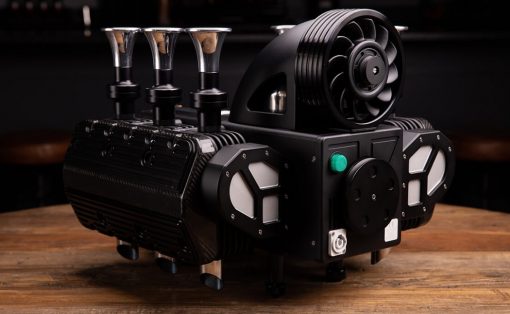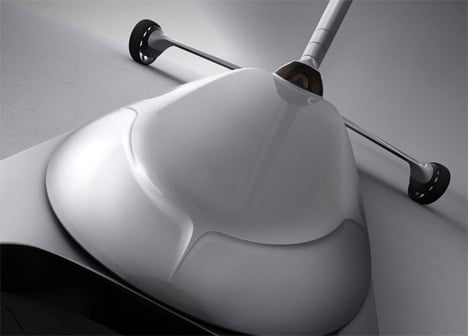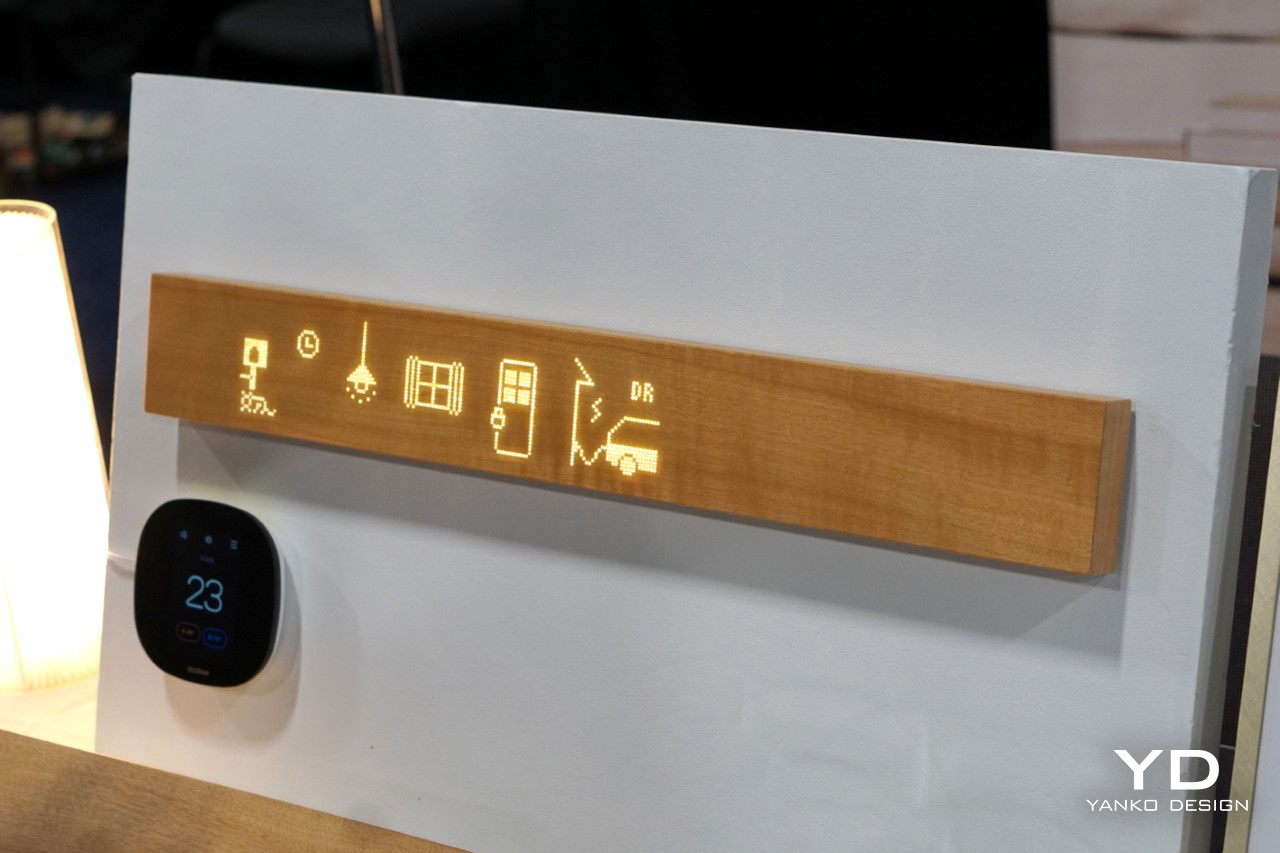
At first glance, the mui Board Gen 2 appears to be nothing more than a simple wooden plank, designed to be mounted on a wall. However, this unassuming piece of timber transforms into a touch-sensitive interface for controlling various aspects of a smart home. Imagine adjusting your lighting, curtains, thermostat, and even your speakers with a simple tap on this wooden surface.
Now in its second generation after a successful run on Kickstarter back in 2022, the designers behind your smart home’s most minimally elegant accessory are back with round two. The mui Board Gen 2, which made its simultaneous debut at CES 2024 as well as Kickstarter, now comes with a few upgrades which include support for the Matter protocol, as well as integration with ChatGPT for a more innovative and intuitive smart home experience.
Designer: mui Lab
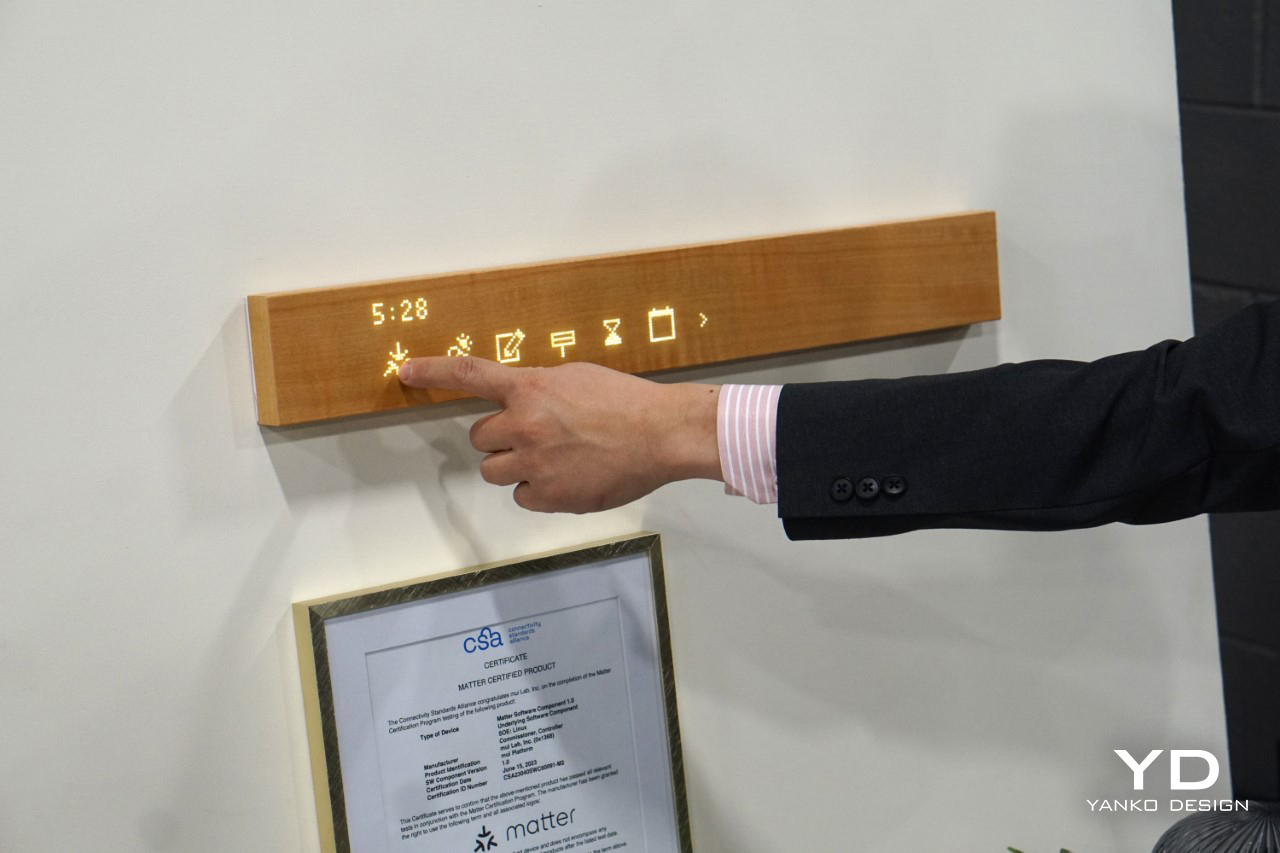
The second-generation Mui Board integrates the new Matter networking protocol, significantly broadening its compatibility with smart devices from tech giants like Apple, Google, and Amazon. This integration promises easy connectivity and enhances the Mui Board’s appeal as a universal smart home control hub.
Additionally, the Gen 2 also gets ChatGPT integration via APIs, allowing you to interact naturally with your Mui Board to create schedules, task lists, and even ask questions and get answers on the backlit wood interface.
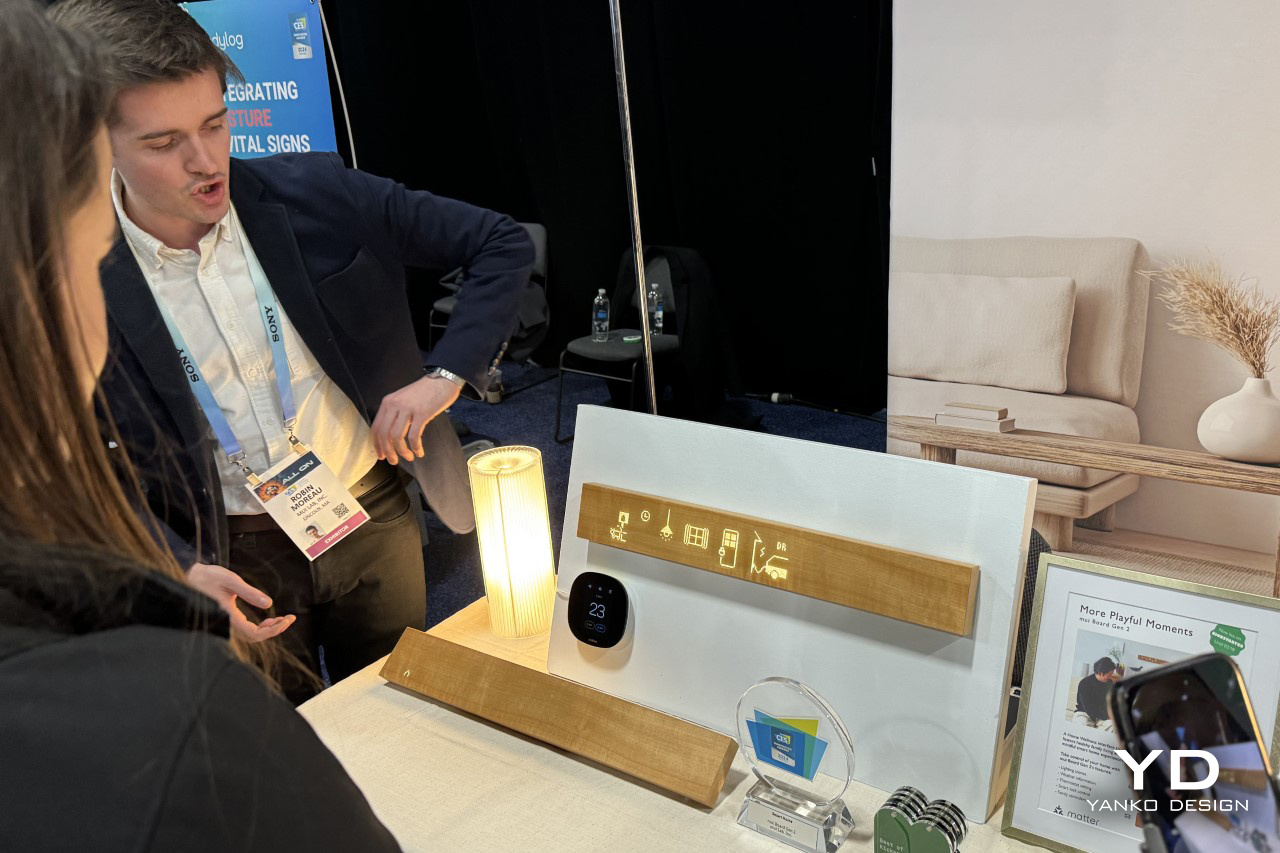
When not in use, the Mui Board slips into sleep mode, reverting to its original wooden plank appearance. This feature underscores the company’s ethos of blending technology seamlessly into the home environment, making it a subtle yet powerful addition to any room. The Gen 2 continues to use real wood veneers to give the mui Board its unique natural appeal. While the company only showcased the mui Board in a single color, it’ll be available in ‘natural’ and ‘dark’ veneer options at the end of its Kickstarter campaign.
What truly sets the mui Board apart is its focus on “calm technology.” Japanese company mui Lab, the creators of the mui Board, aims to reduce distractions and information overload in our daily lives. By minimizing the presence of glaring screens and providing a more discreet way to interact with smart devices, they hope to maintain a balance between connectivity and tranquility at home.


